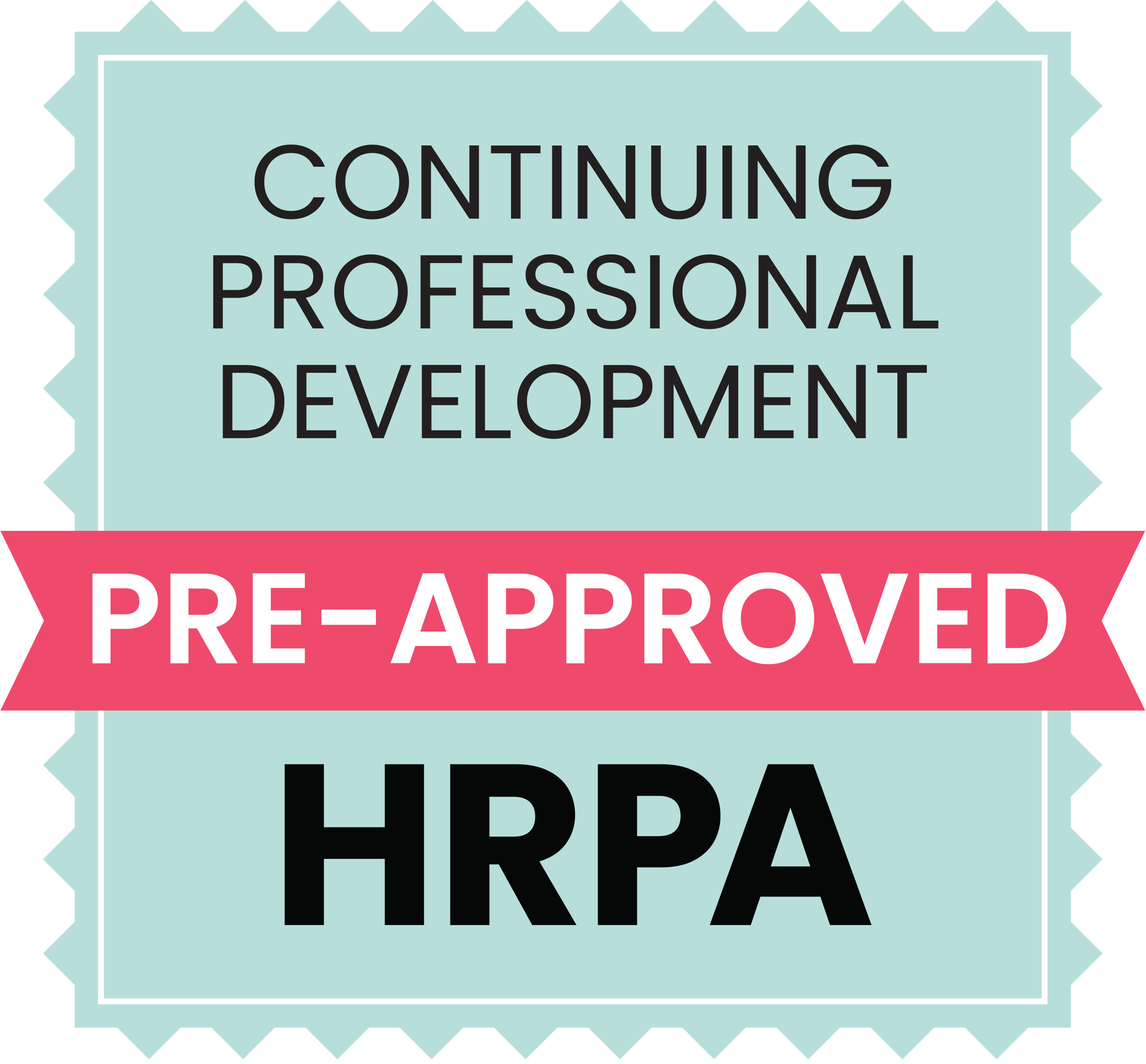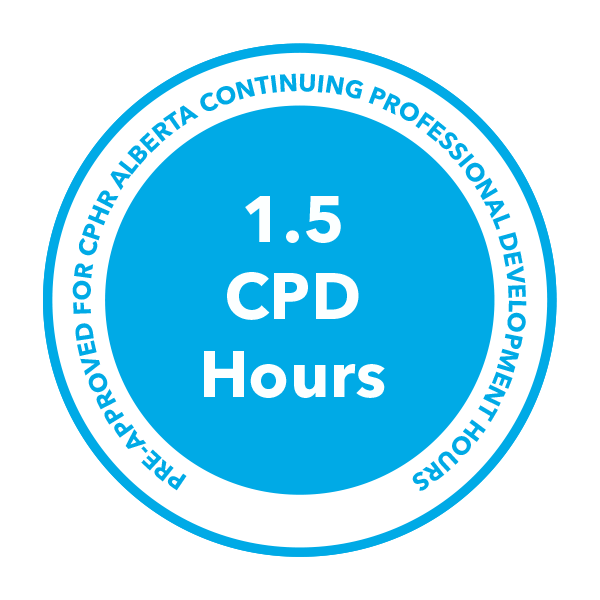April 11, 2023
When employees conduct personal matters at work, are they subject to discipline or dismissal for “time theft”? Are employers permitted to track employee activity to ensure that wages reflect hours worked? In this webinar, experts will provide practical advice on the scope and limits of employer surveillance and responses to employee “time theft.” Specifically, panelists will address.
- What constitutes employee “time theft”?
- What is the impact of the Personal Information Protection and Electronic Documents Act and proposed changes in the federal Digital Charter Implementation Act, 2022 (Bill C-27), on the legality of employer surveillance?
- When assessing the reasonableness of employer surveillance, is the nature of the workplace relevant? Is the sensitivity of the information relevant?
- Does an employer need reasonable suspicion of “time theft” before introducing surveillance?
- What balance are adjudicators striking between an employer’s right to ensure productivity and an employee’s right to privacy? Is the scope of surveillance different for remote workers?
- What disciplinary measures have adjudicators and arbitrators found appropriate for “time theft”?
- Are there any limits to an employer’s retention of employee information obtained through surveillance? Are employers, arbitrators, and adjudicators permitted to use previously tracked information?
- How should workplace policies and collective agreements best address “time theft”?
CPD

This program has been approved for Continuing Professional Development 1.5 hours under Category A of the Continuing Professional Development (CPD) Log of the Human Resource Professionals Association (HRPA).

This program has been approved by CPHR Alberta for 1.5 Continuing Professional Development hours.
- This program has been approved by the Law Society of British Columbia for 1.5 Continuing Professional Development hours.


